How to Concentrate on Studies without Distractions.
Shailendra Porwal
- April 14, 2024
- 8 min read
- 211 Views
Overcoming 5 Common Traps
In the fast-paced world we live in today, distractions are everywhere, constantly vying for our attention. Whether it’s the ping of a new notification on our smartphones or the allure of social media, staying focused on our studies can feel like an uphill battle. But fear not, overcoming distractions is possible with the right strategies and mindset. In this blog article, we’ll explore practical tips on how to concentrate on studies without distractions, empowering you to reclaim your focus and maximize productivity.
“In a world full of distractions, those who master the art of concentration are the ones who succeed. Stay focused on your studies, and the rest will fall into place.”

Understanding the Impact of Distractions
Effects on Productivity
Distractions can wreak havoc on productivity, causing delays and diminishing the quality of our work. Every time we switch our focus from one task to another, there’s a cognitive cost involved, known as the “switching cost.” These interruptions disrupt our workflow, making it harder to concentrate and complete tasks efficiently.
Effects on Mental Well-being
Moreover, constant exposure to distractions can take a toll on our mental well-being. The barrage of information bombarding us daily can lead to feelings of overwhelm and anxiety, affecting our ability to focus and stay motivated.
Identifying Common Distractions
To effectively overcome distractions, we must first identify them. Distractions come in various forms, including:
Digital Distractions
Digital distractions stem from electronic devices and online activities. In today’s tech-driven world, they are ubiquitous and can significantly impact our ability to concentrate. Examples include smartphone notifications, social media, and email overload.
Environmental Distractions
These distractions arise from external factors in our surroundings that disrupt our concentration. Examples include noise, clutter, and interruptions from colleagues or family members.
Emotional Distractions
Emotional distractions originate from internal thoughts, feelings, and emotions that divert our attention from tasks. Examples include worry, stress, and negative thoughts.
Techniques for Identifying Distractions
Self-Reflection
Take time to analyze your daily routines and habits. Identify moments when you feel most distracted and note down the factors contributing to it.
Time Tracking
Use tools or apps to monitor how you spend your time throughout the day. This can help you identify patterns of distraction and allocate your time more effectively.
Distraction Journaling
Keep a distraction journal and jot down triggers, duration of distraction, and its impact on productivity. Over time, you’ll notice recurring patterns that can be addressed.
Tips for Concentrating on Studies without Distractions
Minimize Digital Distractions
Turn off notifications: Disable notifications on your smart phone, computer, and other electronic devices to prevent interruptions while studying.
Create a designated study space: Designate a specific area for studying where electronic devices are not allowed. This space should be free from distractions like TVs, gaming consoles, or loud noises.
Use website blockers: Install browser extensions or apps that block access to distracting websites and social media platforms during study sessions.
Manage Environmental Distractions
Find a quiet location: Choose a quiet and comfortable environment for studying, such as a library, empty classroom, or quiet corner of your home.
Organize your study space: Keep your study area clean, clutter-free, and well-organized to minimize visual distractions. Use storage solutions like shelves, drawers, or containers to keep your materials neatly arranged.
Use noise-canceling headphones: If you’re studying in a noisy environment, consider using noise-canceling headphones to block out distractions and focus on your work.
Address Emotional Distractions
Practice mindfulness: Engage in mindfulness exercises, such as deep breathing, meditation, or yoga, to calm your mind and reduce stress and anxiety.
Take breaks when needed: Listen to your body and mind, and take short breaks when you feel overwhelmed or unfocused. Use breaks to relax, stretch, or engage in enjoyable activities that help you recharge.
Seek support: Reach out to friends, family members, or counselors for support if you’re struggling with emotional distractions. Talking to someone can provide perspective, guidance, and encouragement to overcome challenges.
Use Study Techniques
Pomodoro Technique: Break your study sessions into short intervals (e.g., 25 minutes of focused study followed by a 5-minute break). Use a timer or a Pomodoro app to time your study and break periods.
Time blocking: Allocate specific blocks of time for studying and stick to a schedule. Set aside dedicated study hours each day and prioritize your tasks to maximize productivity.
Create a study plan: Outline your study goals, deadlines, and priorities to stay organized and focused. Break down larger tasks into smaller, manageable chunks and schedule regular study sessions to make progress consistently.
Challenge Negative Thoughts
Practice positive self-talk: Replace negative thoughts with positive affirmations and encouragement. Remind yourself of your capabilities, strengths, and past successes to boost your confidence and motivation.
Reframe challenges as opportunities: Instead of viewing obstacles as setbacks, see them as learning experiences and opportunities for growth. Adopt a growth mindset and embrace challenges as stepping stones toward achieving your goals.
Set realistic expectations: Avoid setting unrealistic goals or perfectionistic standards that can lead to feelings of inadequacy or self-doubt. Focus on making steady progress and celebrate your achievements along the way.
By implementing these tips and strategies, you can create a conducive study environment and develop the focus and discipline needed to concentrate on your studies effectively.
The Role of Motivation in Overcoming Distractions
Motivation is key to overcoming distractions. When we are motivated and engaged in a task, distractions have less power over us. Cultivating a strong sense of purpose and setting meaningful goals can help us stay focused and resilient.
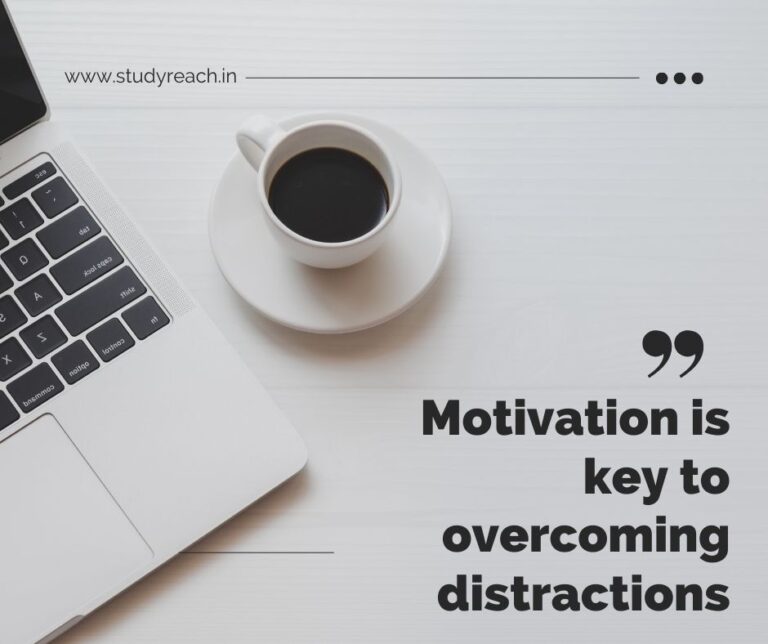
Final Thoughts
Identifying distractions is the first step towards regaining control of your attention and boosting productivity. By understanding their impact, recognizing common triggers, and employing effective techniques, you can create a more focused and conducive study environment.
--- FAQ's ---
1. If I find myself getting distracted frequently, what should I do?
If distractions are interfering with your focus, identify the root causes and implement strategies to address them. This may involve creating a distraction-free workspace or practicing mindfulness.
2. How do I concentrate on studies without distractions?
To concentrate on studies without distractions, minimize digital and environmental distractions, address emotional triggers, and use study techniques like the Pomodoro Technique.
3. How to study 10+ hours a day without getting destructed.
Studying for 10+ hours a day without getting distracted requires careful planning and discipline. Here are some tips to help you stay focused and productive:
- Set Clear Goals: Define what you want to accomplish during your study session. Having clear goals will give you a sense of purpose and direction, motivating you to stay on track.
- Create a Schedule: Plan your study sessions in advance and allocate specific time slots for each subject or topic. Stick to your schedule as much as possible to build consistency and routine.
- Break It Down: Break your study sessions into smaller, manageable chunks. Study for 60-90 minutes at a time, then take a short break to rest and recharge before starting the next session.
- Minimize Distractions: Create a distraction-free study environment by turning off notifications on your phone, blocking distracting websites, and finding a quiet place to study.
- Stay Organized: Keep your study materials organized and readily accessible. Use tools like planners, calendars, and to-do lists to prioritize tasks and track your progress.
- Stay Hydrated and Energized: Drink plenty of water and eat nutritious snacks to keep your energy levels up throughout the day. Avoid heavy meals that can make you feel sluggish and tired.
- Take Regular Breaks: Schedule short breaks between study sessions to relax and rejuvenate your mind. Use this time to stretch, go for a walk, or engage in activities that help you unwind.
- Stay Motivated: Find ways to stay motivated and focused during long study sessions. Reward yourself for reaching milestones, visualize your goals, and remind yourself of the benefits of your hard work.
- Mix Up Your Study Methods: Keep things interesting by using a variety of study methods and techniques. Incorporate active learning strategies like flashcards, practice quizzes, and group discussions to enhance your understanding and retention of the material.
- Listen to Your Body: Pay attention to your body’s signals and take breaks when you need them. Pushing yourself too hard can lead to burnout and diminish your overall productivity.
Remember, studying for long hours requires endurance and perseverance. Be patient with yourself and celebrate your progress along the way. With dedication and consistency, you can achieve your study goals while minimizing distractions.



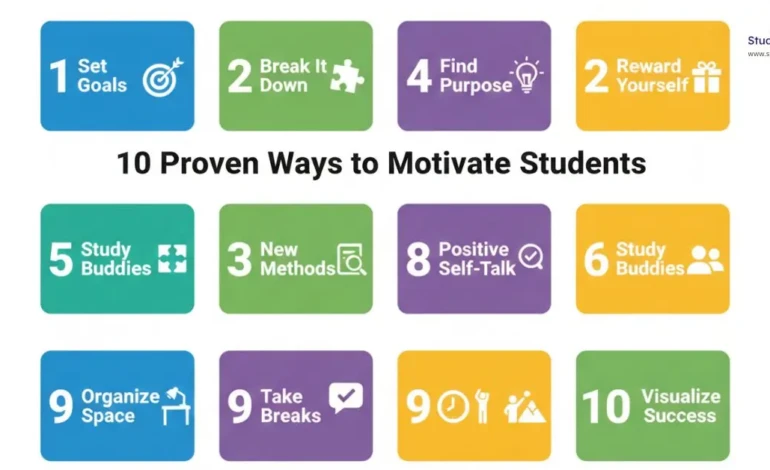


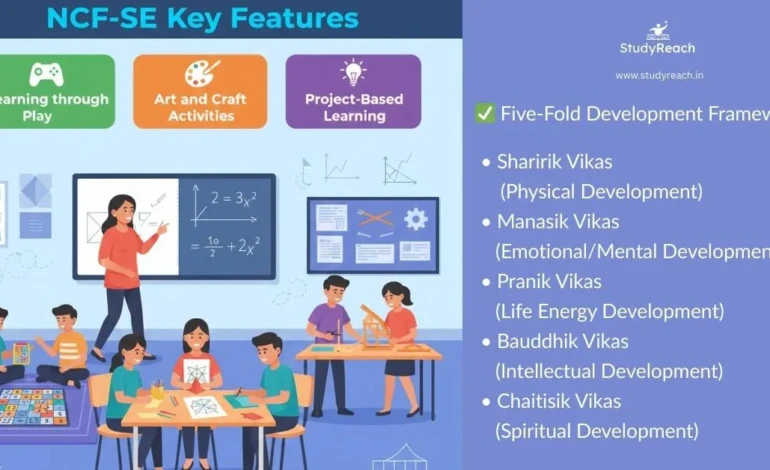



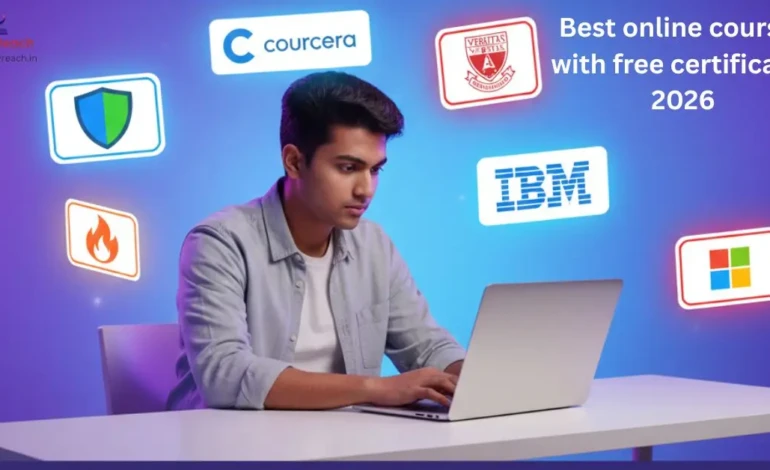
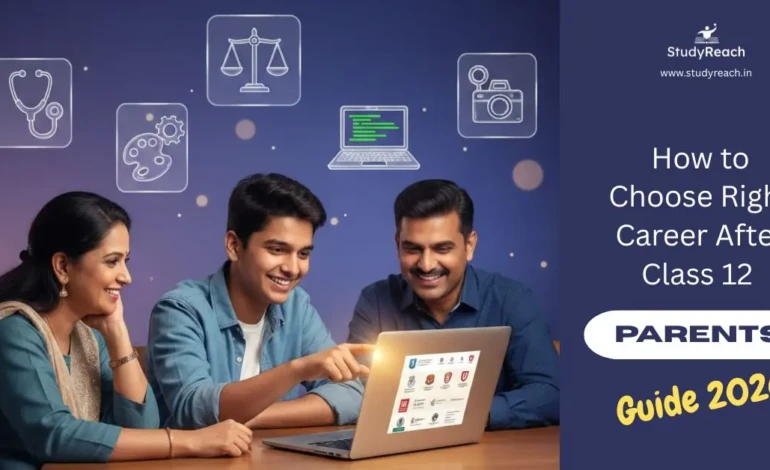



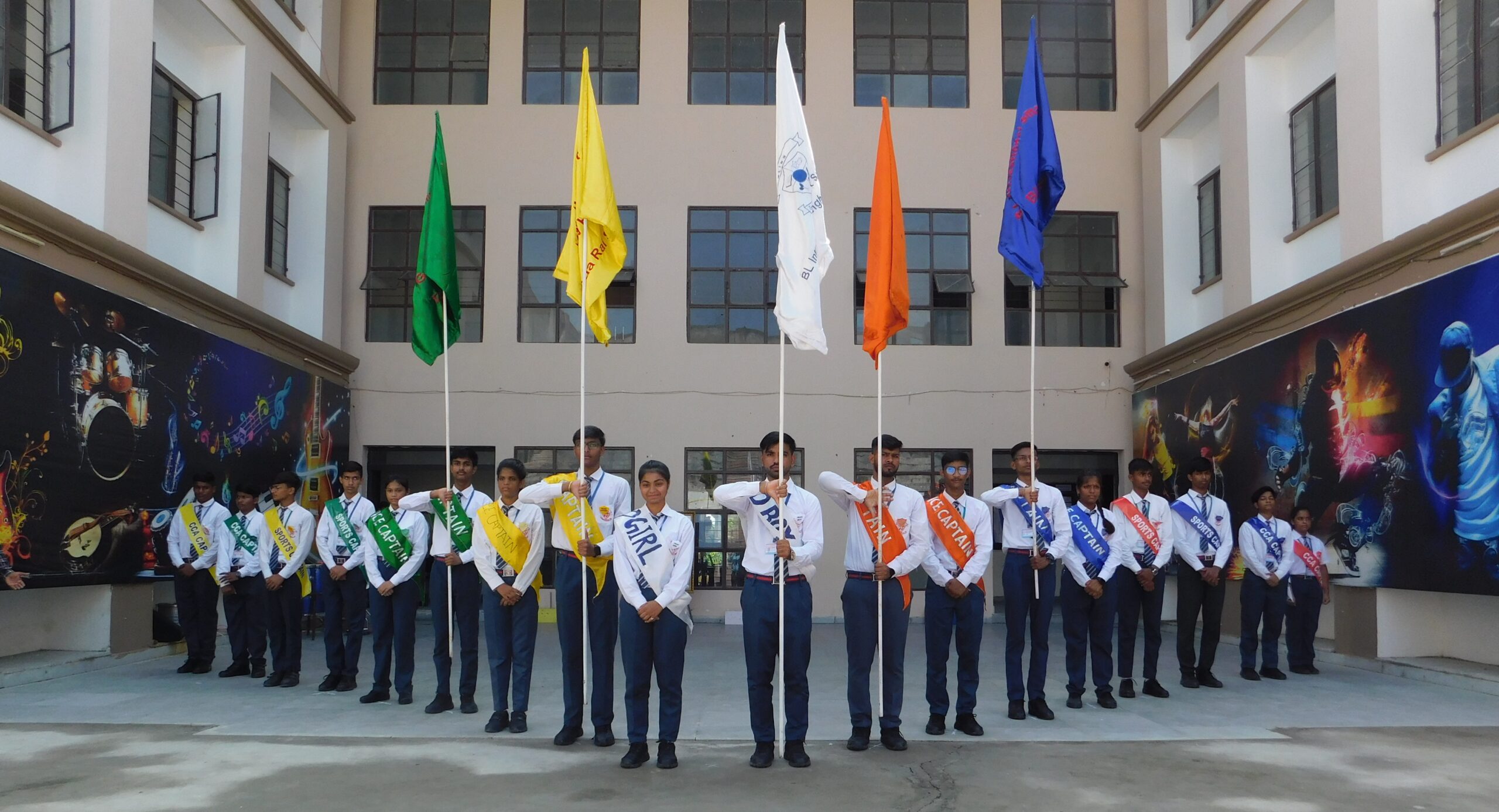
2 Comments
[…] […]
[…] How to Concentrate on Studies without Distractions. […]